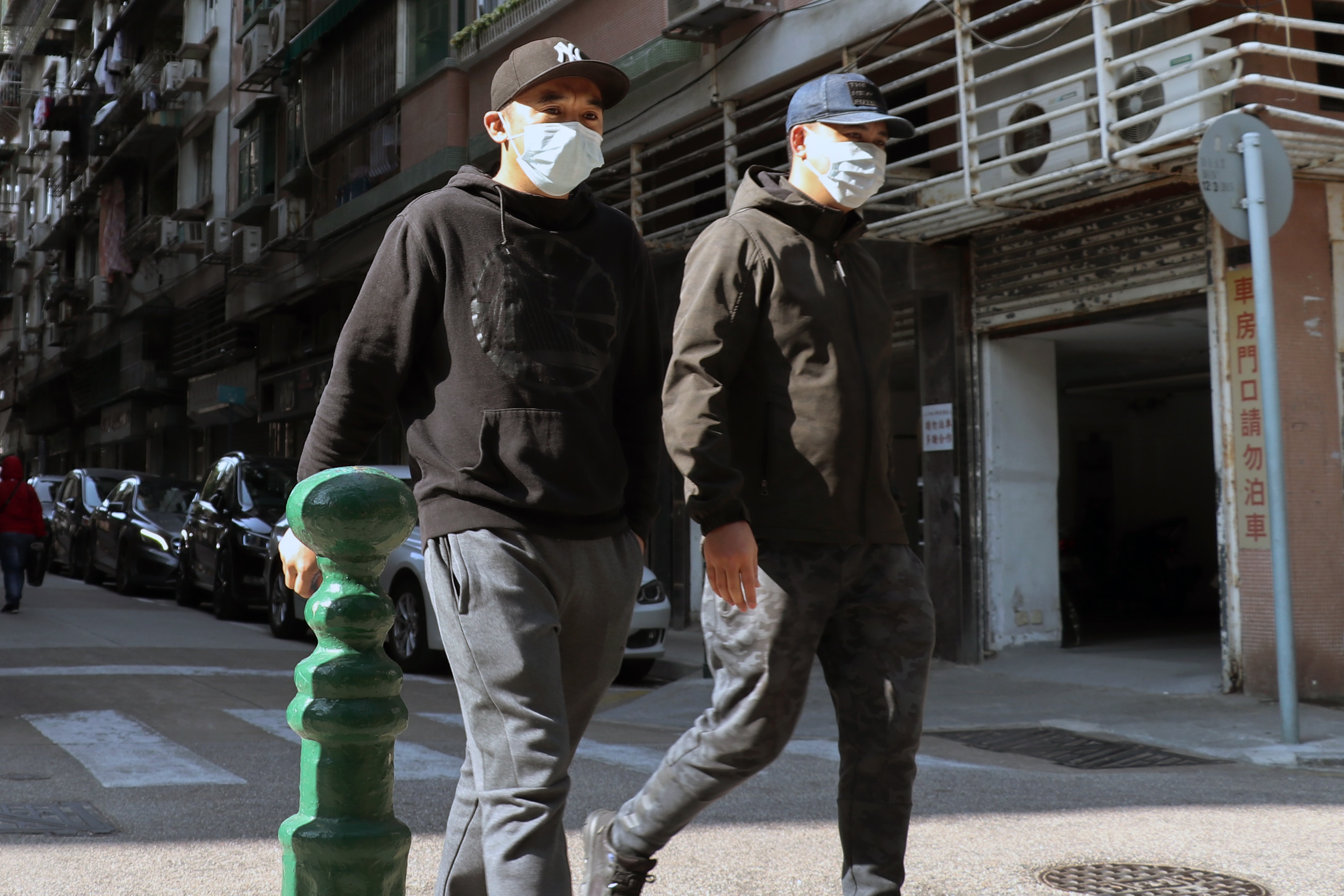
BERLIN — Six European countries announced cases of COVID-19 disease Tuesday in people who had recently travelled from northern Italy, where the virus emerged as a fast-growing cluster last week.
For Switzerland, Austria and Croatia it was the first confirmed new coronavirus cases in those countries. Germany, France and Spain, which had previously reported cases, confirmed new infections in people who were from or had visited northern Italy.
A 70-year-old man from Switzerland’s southern canton (state) of Ticino, which borders Italy, tested positive after returning from a trip to Milan, the head of the Swiss Federal Office for Public Health said.
The man is being isolated at a clinic in Lugano while authorities try to trace anyone he had contact with, Pascal Strupler said. It is the first case in Switzerland, but Strupler said it was likely the country would see more in future.
Croatia also confirmed its first case Tuesday in a man who had travelled to Milan.
Prime Minister Andrej Plenkovic said it’s a “younger man, with a mild form of the disease” and that he has “been isolated and his condition is good.”
Authorities in the western Austrian state of Tyrol said the country’s first two cases involved a woman and a man, both 24-years-old and from the Bergamo area in Lombardy. They had driven to Austria in their private car on Friday, the same day the coronavirus cases in Italy spiked.
The woman fell ill Saturday and developed a fever Sunday, said Guenter Weiss, a senior doctor at Innsbruck’s university hospital. The woman’s boyfriend got a fever and a sore throat Sunday.
The couple reported themselves to authorities late Monday. Both are in a stable condition with only mild symptoms but will be kept in isolation until the weekend, said Weiss.
“We have to work on the assumption that due to the proximity to Italy, one or the other case may still come,” he added.
Franz Katzgraber, the head of the Tyrol state health department, said authorities are currently tracing possible contacts the patients may have had in Austria. Local daily Tiroler Tageszeitung reported that the woman worked at a hotel in the centre of Innsbruck, which was temporarily ordered closed.
Herbert Kickl of Austria’s opposition far-right Freedom Party immediately called for border crossings to be “reduced to a minimum.”
“Everything must be done to stop the virus from spreading further in Austria,” said Kickl, who also called for illegal immigrants and asylum-seekers to be put in quarantine.
But Italy’s health minister, Roberto Speranza, said late Tuesday after meeting with counterparts from neighbouring countries including Austria, Switzerland and Croatia that they had agreed closing borders would be “inappropriate.”
Yet even as European countries tried frantically to co-ordinate their response, Italy reported a spike in the number of confirmed cases of the virus Tuesday to 322 — 100 more than a day earlier — and four more deaths, bringing the total to 11.
Speranza said that all the participants in the meeting, who included representatives from Germany, France and tiny San Marino, planned to consult regularly about the situation by conference call.
France announced two new cases of the virus, a young Chinese woman who arrived from China on Feb. 7 and now hospitalized in Paris, and a young French man who had returned from a trip to Lombardy. Jerome Salomon, France’s health services chief, said the young man is hospitalized in the Rhone-Alpes region in southeast France.
Authorities in Germany, which early on in the outbreak reported about a dozen cases linked to a traveller from China, said Tuesday that a new infection had been confirmed in the southwest of the country.
Health officials in Baden-Wuerttemberg state said the 25-year-old man from the Goeppingen area had likely contracted the virus on a recent visit to Milan.
The German Red Cross, meanwhile, said people who have recently travelled to areas with local transmission of the virus, such as parts of northern Italy, will be prevented from giving blood for four weeks.
———
Associated Press writers Frances D’Emilio in Rome and Elaine Ganley in Paris contributed to this report.